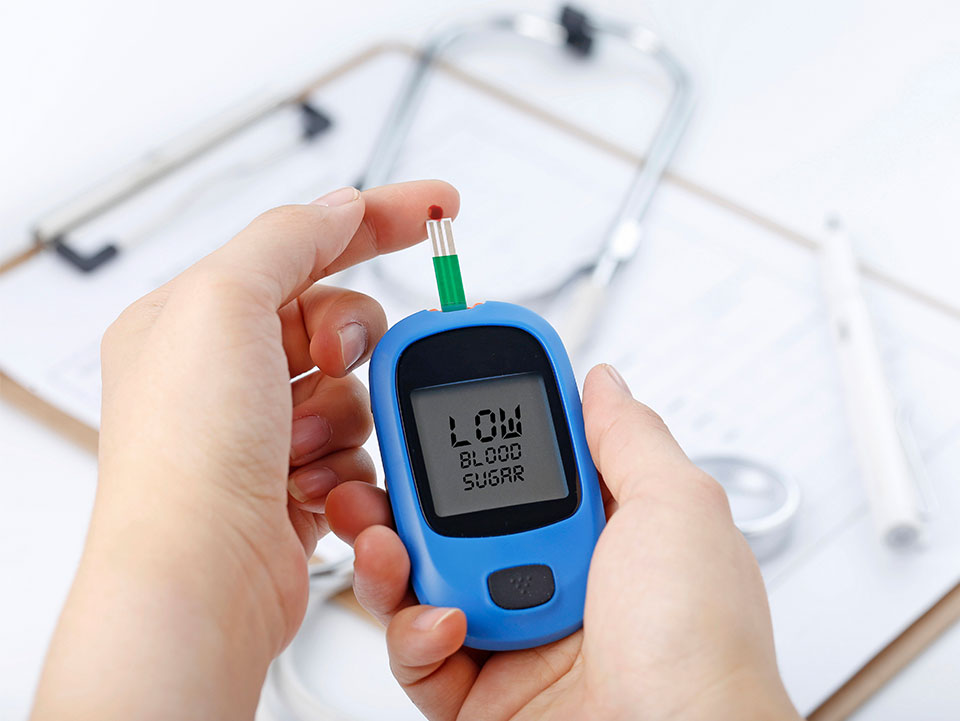
PPSC and Its Impact on Diabetes Complications Like CVD and CKD
October 21, 2022
What Is Idiopathic Postprandial Syndrome (IPS)?
November 23, 2022Diabetes that is diagnosed for the first time during pregnancy is known as gestational diabetes. Similar to other types of diabetes, gestational diabetes or diabetes during pregnancy affects the manner in which cells use glucose or blood sugar. Gestational diabetes causes high blood glucose levels that can affect your pregnancy as well as your baby’s health.
Although all diabetes pregnancy complications are concerning, there is some good news. During pregnancy, you can surely control gestational diabetes by consuming a healthy diet, spending time in exercising and in physical activity, and if the need arises, taking certain medications. Controlling blood glucose levels can keep both you and your baby healthy, thereby thwarting a difficult delivery.
If you develop gestational diabetes during pregnancy, your blood glucose levels return to normal soon after delivery, in most cases. That said, if you have had gestational diabetes, you have a much higher risk of developing type 2 diabetes. This means you will need to be tested for alterations in blood sugar much more often.
What are the Possible Complications of Diabetes during Pregnancy?
Let’s see how diabetes affects pregnancy. Most complications occur in women who already have developed diabetes before getting pregnant. The most common complications include:
- Need for insulin injections on a more frequent basis
- Extremely low blood sugar levels, which can be life-threatening when left untreated
- Ketoacidosis as a result of high blood sugar levels, which, too, can be life-threatening when left untreated
Women with gestational diabetes are at a greater risk of developing type 2 diabetes in later life. They are also much more likely to develop gestational diabetes during a subsequent pregnancy. If you have developed diabetic pregnancy, you must get tested a few months post-birth of your baby and every three years subsequently.
Gestational Diabetes and Foetal Health

Probable complications for the baby are mentioned below:
- Stillbirth (Foetal Death)
Stillbirth is much more likely in pregnant women with diabetes. The foetus may grow in a slow manner in the uterus on account of poor circulation or other complications such as damaged small blood vessels or high blood pressure. The precise reason stillbirths occur in pregnant women with diabetes is yet to be known. The risk of stillbirth drastically increases in women with blood vessel changes and poor blood glucose control.
- Birth Defects
Birth defects are more likely to occur in babies of diabetic mothers. Certain birth defects are serious enough to result in stillbirth. These birth defects generally occur during the first trimester of pregnancy. Babies of diabetic women may develop major birth defects in the heart as well as blood vessels, spine and brain, kidneys and urinary system, and digestive system.
- Macrosomia
This is the medical term for babies that are much larger than normal. All nutrients that the baby needs and obtains come directly from the blood of the mother. If the mother has high blood sugar levels, the pancreas of the baby produces more insulin to use this blood sugar. This causes formation of fats, and the baby grows very large.
- Birth Injury
The large size of the baby and the overall difficulty in being born may lead to birth injury.
- Hypoglycaemia
The baby may have low blood glucose levels after delivery. This complication arises if the mother’s blood sugar levels are extremely high for a prolonged duration. This leads to a large amount of insulin in the blood of the baby. Right after delivery, the baby continues to have a high level of insulin sans the high glucose levels from the mother. This causes the baby’s blood sugar levels to get extremely low. The baby’s blood glucose levels need to be checked after birth. If the levels are too low, glucose may need to be administered intravenously.
- Difficulty in Breathing (or Respiratory Distress)
Too much insulin or too much blood sugar in a baby’s system may prevent the lungs from growing optimally. This may cause breathing problems in babies. The likelihood of this happening is more in babies born prior to 37 weeks of pregnancy.
- Preeclampsia
Women with type 1 or type 2 diabetes are at a higher risk of developing preeclampsia during pregnancy. To lower this risk, they need to intake a low dose of aspirin (60-150 mg a day) from the end of the first trimester until the birth of the baby.
- Likelihood of Surgical Delivery
Women with diabetes during pregnancy are more likely to give birth via a C-section delivery.
- Preterm Birth
Diabetes during pregnancy can lead to early labour or delivery. This can eventually lead to premature birth of the baby.
Babies may also have abnormally high birth weight, shoulder dystocia that may cause their shoulders to get stuck in the birth canal during delivery, and lastly, they may also be at a higher risk of developing diabetes later in their lives.
To Sum It Up:
Development of diabetes in pregnant women is known as gestational diabetes, which has known risks for both the mother and the baby. Some of the complications that can arise in babies born to mothers with diabetes include stillbirth, birth defects, macrosomia, birth injury, hypoglycaemia, respiratory distress, preeclampsia, preterm birth, and a higher likelihood of delivery through C-section.
References:




